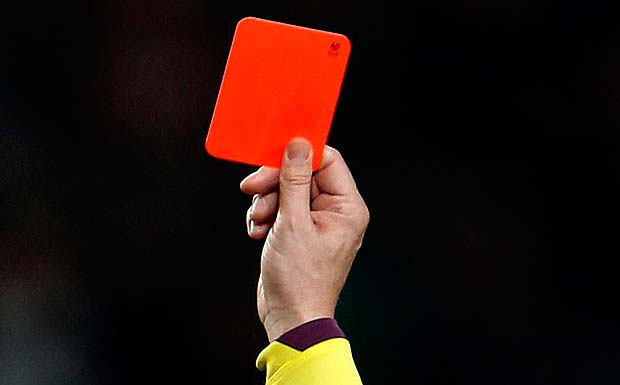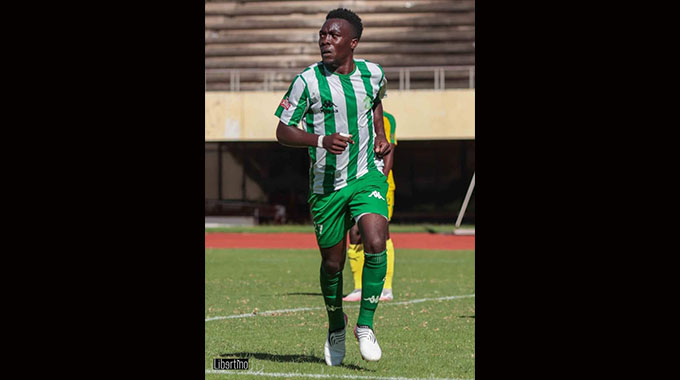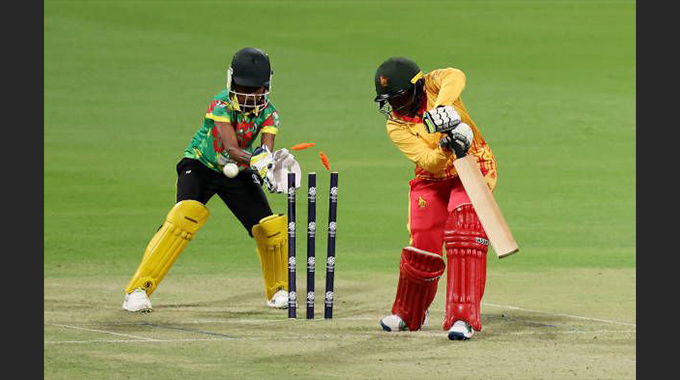Zim drags feet on substitute return law

Sikhumbuzo Moyo Senior Sports Reporter
ZIMBABWE’s lower division league clubs are yet to implement a decision passed by football’s highest decision making body, the International Football Association Board (IFAB), which allows for the return of substitutes into a match.
The role of IFAB is to discuss and decide upon proposed alterations to the laws of football. Fifa together with the four British associations (English, Scottish, Welsh and Northern Ireland Football Associations) are members of IFAB.
Fifa and the four associations can propose matters to be discussed and ratified at the annual general meeting, which usually takes place between February or March.
The decision was passed on February 28, 2015, at the 129th annual general meeting of IFAB, chaired by the Irish Football Association president Jim Shaw.
“The IFAB made a ground-breaking decision to allow for return substitutions in the lowest levels of football. It follows the success of two separate pilot programmes run by the Football Association and the Scottish Football Association, the results of which demonstrated substantial increases in participation levels across the game,” read a statement released by Fifa soon after the end of the meeting in February.
The decision was to have been implemented from June 1, 2015.
In Zimbabwe, this law would apply to teams playing in the junior leagues as well as Division 3 and lower leagues.
A Bulawayo provincial football leader was surprised to learn that such a resolution existed.
“It’s the first time I’m hearing about that. We’ve to check with our secretariat if ever they received such a communiqué,” said the Zifa Bulawayo board member, who declined to be named.
The official said as far as he was concerned, no province in the country had implemented the new law.
Zimbabwe Referees Committee vice-president Wilfred Mukuna said they would have to check with Zifa whether the substitution rule had come into effect.
During the February meeting, a proposal to allow for the use of a fourth substitution in professional leagues in the event the match goes into extra time, was referred back to the advisory body.
The Fifa statement also said a further analysis of the so-called “triple punishment” (Law 12) of sending off, penalty and suspension for the denial of an obvious goal-scoring opportunity within the penalty area by the IFAB agreed that the punishment is too harsh and that a solution must be found.
The proposal, which was put forward by European football body Uefa, including a provision that detailed specific instances where a referee should issue a caution instead of a red card, was rejected.
After much debate, the IFAB agreed in principle that one element of the triple punishment may be removed and that this element should be an automatic one-match suspension.
The IFAB tasked Fifa and its disciplinary and legal committees to investigate the feasibility of administering on a global level the removal of the automatic one-match suspension for offences relating to the denial of an obvious goal-scoring opportunity that is not considered a serious infringement.








Comments